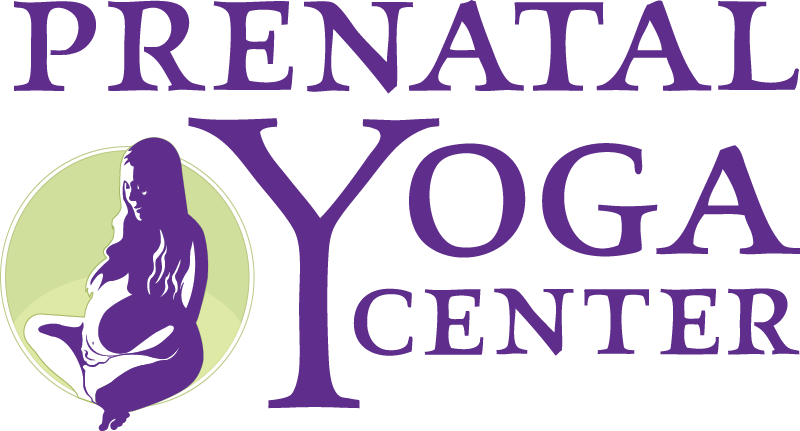Navigation
First Time Breastfeeding After Beginning
Let’s begin with breastfeeding for the primary time after beginning. Some individuals advocate delaying breastfeeding till three hours after labor, however that is pointless and even counterproductive to optimum post-labor care. Milk is already current within the breasts earlier than beginning, and the primary milk (colostrum) is filled with important vitamins. It even helps infants cross their first stool!
That stated, each beginning story is completely different and there’s nothing fallacious with ready just a few hours for those who or your child want time to get well.
Breastfeeding Expectations and Preparations
One frequent fable is that you must clear your nipple earlier than breastfeeding. That is false—infants are naturally drawn to their birthing dad or mum’s physique and scent. Plus, nipples are ready to breastfeed at any time and might even produce helpful micro organism that helps construct a robust immune system for child.
It’s additionally frequent for a lot of mother and father to imagine discomfort and irritation are a part of breastfeeding when in actuality, correct positioning may end up in painless feeding. Ideally, child’s tongue ought to cowl the decrease gum line, and their gums ought to cowl the areola. Whereas cases of discomfort from feeding do happen, in such instances session with a lactation knowledgeable or medical skilled will help.
Do You Want To Select Between Breast and Bottle?
No—you do not want to decide on only one solution to feed your child! Relying in your way of life, obligations and different circumstances, it might be inconceivable (to not point out emotionally and mentally draining) for the breastfeeding dad or mum to be the only real feeder. Pumping permits others to assist with feeding whereas giving the breastfeeding dad or mum a break and inspiring bonding time with relations.
If you’re involved about inflicting “nipple confusion” from alternating between bottle and breast, there are methods to assist keep away from this:
- Wait till breastfeeding is nicely established (round 3–4 weeks) earlier than introducing a bottle.
- Discover a nipple that’s extra like breastfeeding. Bottle feeding requires much less work for the infant for the reason that milk move is faster. Discover a nipple that gives a slower move.
- Specific a bit breastmilk and put it in your nipple. This offers child a bit style of what’s to come back!
Weaning Off Breastfeeding
Many say all infants ought to be weaned off breastfeeding earlier than their first birthday, however there’s really no “one suits all” timeline for when your child ought to cease breastfeeding. Normal protocol is to start incorporating meals at about six months, with a mixture of breastfeeding and stable meals achieved by child’s first birthday.
The American Academy of Pediatrics recommends unique breastfeeding for six months and encourages continued breastfeeding till at the least 12 months, however finally, weaning is a private resolution that depends upon each dad or mum and baby. Personally, I deliberate to breastfeed my daughter till 18 months, however by 14 months, she naturally started shifting on!
Try these podcasts on Breastfeeding and Bottle Feeding!
On the Prenatal Yoga Middle, we maintain each in-person and on-line courses for expectant and postpartum of us. To view our record of courses for Prenatal and Postnatal Yoga click on the button beneath.
FAQs
How lengthy must you wait after beginning to start out breastfeeding?
No ready is critical! If child is prepared, breastfeeding can start instantly since colostrum is already current within the breasts.
Can child system replicate breast milk?
No system can totally replicate the distinctive vitamins and immune-boosting properties of pure breast milk. Nevertheless, there are fantastic and dietary formulation for those who select this route.
When ought to a child be launched to stable meals?
Whereas there’s no actual timeline, most infants are prepared for stable meals round six months. Please seek the advice of along with your pediatrician when you have questions or issues.

